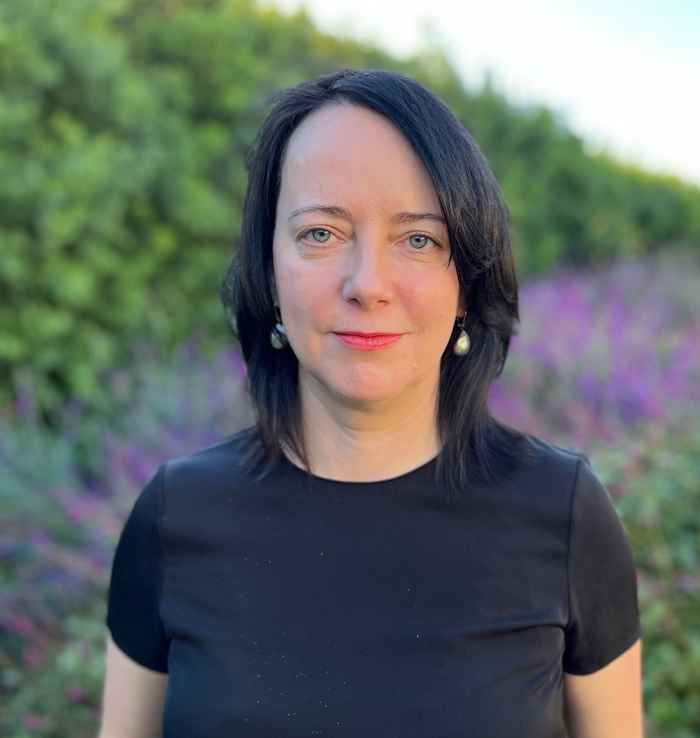Ulrike Klinger appointed Professor of Political Communication and Journalism
18 November 2024
Analysing digital political communication
Ulrike Klinger's research explores how digital platforms, algorithms, and now artificial intelligence are reshaping the communication strategies of political and media actors, both in campaign periods and in day-to-day public discourse. Her work in the Communication Science department will emphasize the growing influence of multimodal communication, such as memes, images and videos, within algorithmically-driven digital platforms and their influence on democratic processes. ‘2024 has been a super election year with over 60 elections worldwide, and there is no shortage of important campaigns in the next years. My professorship will analyse how they play out on platforms like Instagram or TikTok.’
A timely focus on democracy and digital platforms
Klinger’s appointment comes at an important time, as democracy is facing challenges on a digital level. With new technologies like generative AI and online spaces that give more attention to negative content, scholars and citizens need to understand how democracy can thrive in this digital environment. ‘Political communication studies phenomena like polarisation, disinformation, populism, or negative campaigning, contributing much-needed knowledge about how media systems could work for, not against, democracies.’, Klinger explains.
From Berlin to Amsterdam
Professor Klinger is excited to work with talented colleagues and start new projects together at the Amsterdam School of Communication Research (ASCoR), within the Political Communication & Journalism programme group. ‘I also look forward to meeting the students in the Graduate School of Communication and College of Communication’s excellent study programmes. Moving from Berlin to Amsterdam is a bonus treat!’

About Ulrike Klinger
Ulrike Klinger studied and completed her PhD at Goethe-University in Frankfurt, and was a PostDoc at the University of Zurich. Previously, she held positions as a professor of Digital Communication at Freie Universität Berlin and as a professor of Digital Democracy at the European University Viadrina in Frankfurt (Oder), and she is an associated researcher at the Weizenbaum Institute for the Networked Society in Berlin.